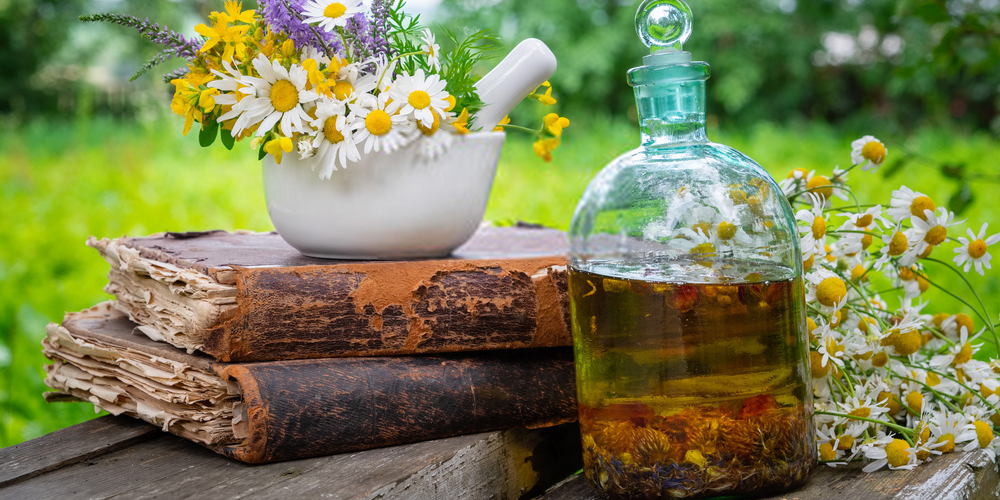
You may have heard that essential oils can help stop bleeding. But, do they really work for major cuts and scrapes? The answer is no! These highly fragrant liquids are best suited for minor cuts and scrapes. That is, they are used to close up wounds in order to reduce pain or discomfort from most common injuries such as papercut sores on your hand caused by writing with sharp objects.
It’s a good idea to add essential oils like tea tree and lavender into your first aid kit. These natural products have many healing properties, which means they can come in handy when you need them most! For example; one drop of oil on a cut will stop the bleeding quickly without having any negative side effects unlike some medication options out there that might do more harm than good. The best way to treat minor cuts, scrapes, and other injuries in the comfort of your own home is using essential oils. More serious wounds or surgery requiring stitches should be left to doctors who are trained on how to deal with them properly.
Hemostatic properties and coagulant properties are found in these essential oils which is why they can stop bleeding when used properly. Plants provide these characteristics, which are extracted through distillation or pressing. As a result, you get potent, highly concentrated plant essences that are amplified versions of the plant’s medicinal capabilities.
To help prevent infections and encourage quick healing, try topical application of essential oils. The different properties offered by these natural ingredients can ensure your cuts are treated fast with an appropriate solution for the skin condition you have!
How to Use Essential Oils as a Topical Treatment for Wounds.
Make sure the wound isn’t so bad that stitches or other expert medical care are required before starting any at-home treatment. If you don’t need a doctor, you can cure cuts and abrasions using a natural home remedy of essential oils.
Begin by rinsing the wound with water and gentle soap. Use a little hydrogen peroxide to assist remove all the dirt and foreign particles. After that, use a clean towel to pat dry, then apply 1-2 drops of essential oil directly to the wound or blend 1-2 drops with a therapeutic carrier oil like coconut oil, depending on the essential oil you pick.
If possible, use a clean towel to gently massage the essential oils into the region. After that, enclose it with a bandage. Replace the bandage about twice a day and keep reapplying the essential oils until the wound is completely healed.
Essential oils that can help you stop bleeding.
The power of essential oils is great, but it’s important to know when they should be used. You can’t just put any oil on your skin and hope for the best result! If you are experiencing heavy bleeding from an injury or cut that won’t just stop then ensure to get medical care; However if someone has scraped their arm against a metal object barely causing minor bruising then we recommend using essential oils.
To stop bleeding, choose an essential oil with either astringent or hemostatic properties. What is the difference? An astringent oil contracts tissues and supports vein integrity, while a hemostatic oil helps to form clots.
The following oils are all excellent choices for stopping bleeding:
1) Geranium Essential Oil.
This oil is a lifesaver for those who have been cut, partially or entirely by stopping the bleeding in two ways. First, it causes blood vessels to contract, and second when applied directly on surfaces with open wounds this natural substance speeds up the coagulation of your bodily fluids so you won’t feel pain anymore!
2) Myrrh Essential Oil.
Myrrh is a natural remedy that can stop blood loss and purify wounds. Myrrh comes from tree resin and it absorbs quickly into the skin, with only one application being enough to see results! It also has disinfectant properties making it an ideal partner for any wound care kit you might have lying around your house or office desk drawer.
Because myrrh is made from tree resin, it is sticky and takes a long time to pour. Pour some into warm hands before applying onto the affected area; then gently massage until absorbed – don’t rinse because this will remove some of those healing oils which are important when treating certain types of bacteria.
3) Lavender Essential Oil.
This oil has antibacterial effects and acts as a light sedative. It doesn’t directly affect coagulation, but instead the entire body, and is an excellent injury support oil, soothing the nervous system and heart rate and, as a result, reducing bleeding.
4) Tea Tree Essential Oil.
Tea tree oil has numerous benefits, one of which is that it helps to stop bleeding. It’s a natural antiseptic and has antimicrobial properties, so it can help to clean the wound and prevent infection. It’s also a potent anti-inflammatory that can help with swelling and pain. Tea tree oil is also recognized for boosting the immune system, which is crucial for wound healing. To use a clean bandage, before placing the bandage to the cut, add a few drops of tea tree oil to it. There are many different essential oils that can be used for this purpose, but tea tree oil is one of the most effective.
5) Chamomile Essential Oil.
Chamomile essential oil has both anti-inflammatory and antispasmodic properties. This makes it useful for treating cramps, which can often accompany heavy bleeding.
If you’re looking for an essential oil to stop bleeding, any of these five should do the trick! Myrrh, lavender, helichrysum, and chamomile are all great options. Remember to dilute them well before use and never apply them directly to a wound. If you have any questions or concerns regarding the usage of essential oils, be sure to speak with a qualified healthcare professional before you start using them.


